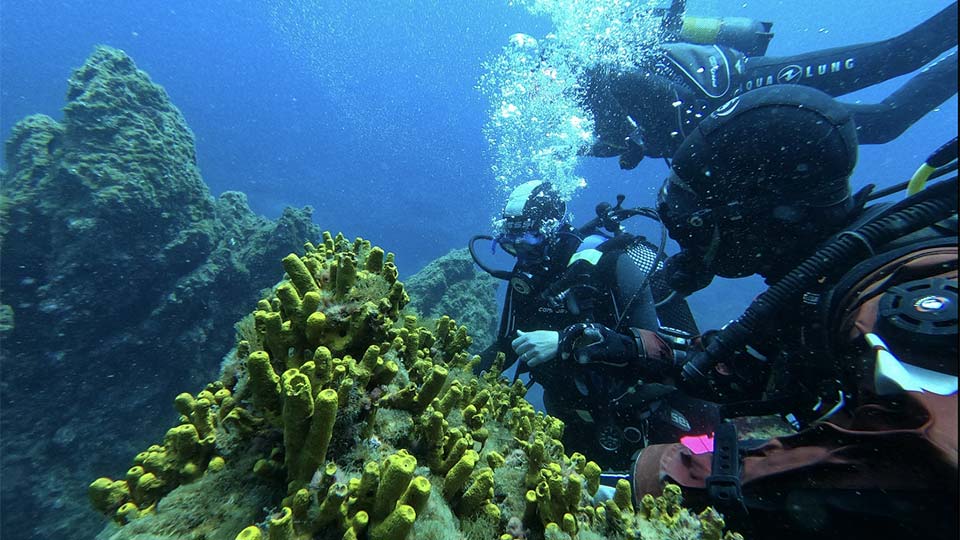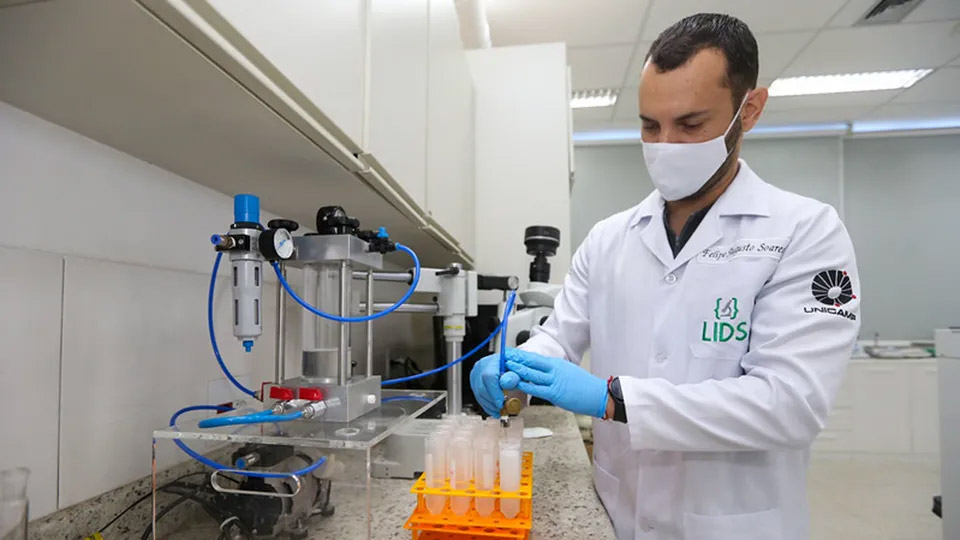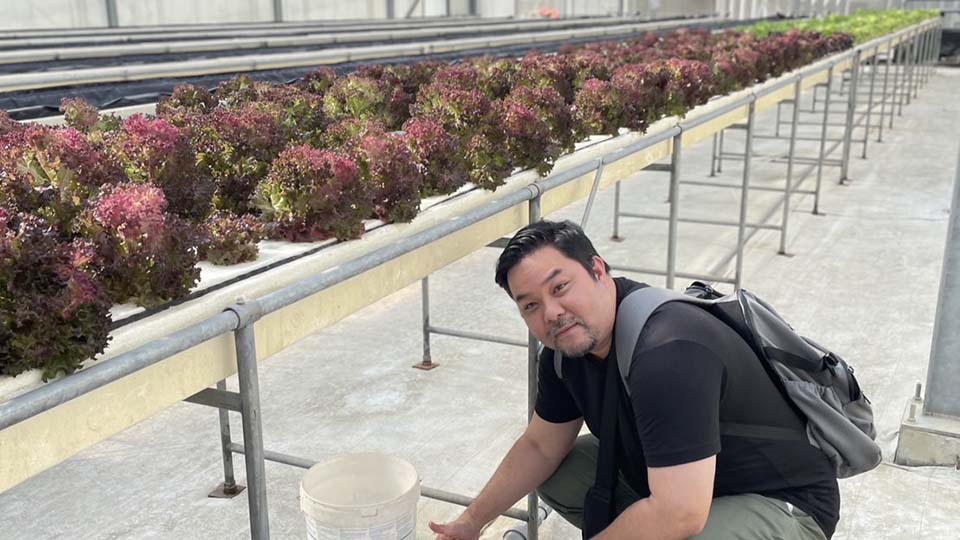The nanotechnology pioneer creating small solutions to global challenges
Even as the devastating consequences of fossil fuels become common knowledge around the world, over four fifths of global primary energy demand is still met by coal, oil and gas. With global energy demand expected to rise by 50 per cent by 2050, our continued reliance on fossil fuels will – if unchecked – wreak environmental and climate crisis. It is therefore vital that society transitions to clean and renewable energy sources as soon as possible.
One source of renewable energy with especially sunny prospects is solar energy. Over the past few decades, our ability to harness the sun’s power has greatly improved. In Australia, for example, national capacity to capture solar energy has increased 18-fold in the past decade. Over that same period, the price of solar energy has plunged by 89 percent. However, conventional silicon-based solar cells can only convert about a quarter of the sunlight they receive into electricity. Scientists are on the hunt for more efficient materials that will inspire the next generation of solar cells.
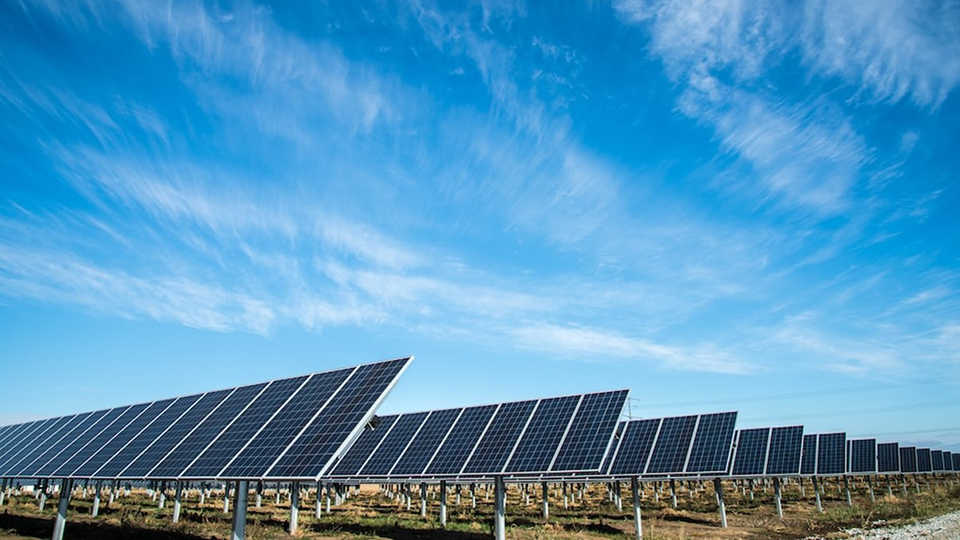
Engineering gender gap - an uphill struggle for female engineers
One of those scientists is Basma El Zein, a leading nanotechnology researcher at the University of Business and Technology in Jeddah, Saudi Arabia. Born and raised in Lebanon, Basma’s passion for science and mathematics allowed her to become one of the best students in her high school. Her father, recognizing Basma’s potential, encouraged her to enroll at the Lebanese University, where she studied Electrical and Electronic Engineering.
“When the time came to choose a career, many of my family members told me that engineering was a male subject, that I shouldn’t study it,” recalls Basma. “However, that didn’t discourage me – on the contrary, it challenged me to keep studying. I was determined to study engineering. I appreciate that my father motivated me to become an engineer despite the strong cultural stereotypes surrounding women.”
After graduation, Basma started a family in Saudi Arabia and began looking for jobs. However, resistance to her ambitions would also come from academia. “It was not easy in the beginning,” she concedes. “When I started my research in 2009, I approached various universities, but some labs didn’t accept me just because I was a woman. I finally found an opportunity to study for a doctorate in Nano-Optoelectronics in France, but by then I was a mom of two kids, and commuting between Saudi Arabia and France was very difficult.”
Honeycomb nanostructure for solar energy collection and conversion
Basma persisted and completed her PhD with high distinction. This allowed her to secure a job as a researcher at King Abdullah University for Science and Technology (KAUST) in Jeddah. As a nanotechnology engineer and passionate champion of green energy, Basma’s research focused on nanotechnological solutions to the capture and storage of solar energy. Specifically, she creates nanostructures – structures a billion times smaller than a meter – out of minerals and proteins to improve light absorption and the efficiency of solar cells.
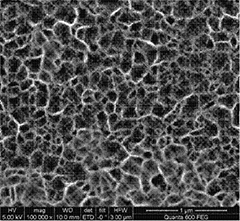
One of Basma’s major breakthroughs at KAUST came with the creation of a unique and versatile honeycomb nanostructure able to store and convert energy more efficiently than existing solar cell designs. Aware of the novelty of this design, Basma approached KAUST’s Technology Transfer Office, which plays an important role in helping the university’s researchers seek protection for their intellectual property. KAUST prides itself on its proactive approach to intellectual property protection. Staff are encouraged to protect and commercialize their innovations, and the Technology Transfer Office works closely with researcher to develop their work into commercial products or services. The university also works with private companies, non-profits and government organizations to transfer knowledge and technologies created on campus.
Seeking international patent protection for the solar energy nanotechnology with the PCT
“The first thing we did was to file an invention disclosure, where I had to include all the scientists involved in the project,” recalled Basma. “After that we started the process of patenting worldwide. The university has a legal office in the United States which reviewed the technical side of the patent.” Basma and her team filed a patent application in 2013 using the Patent Cooperation Treaty, an international agreement that allows applicants to simultaneously seek protection for an invention in 157 Contracting States based on a single international patent application. Her patent for “nanometer sized structures grown by pulsed laser deposition” was granted in the European Union in 2019 and the United States in 2021, and the application is still pending in Japan. Basma continues to work with the KAUST Technology Transfer Office to push forward technology transfer and industrialization on a larger scale.
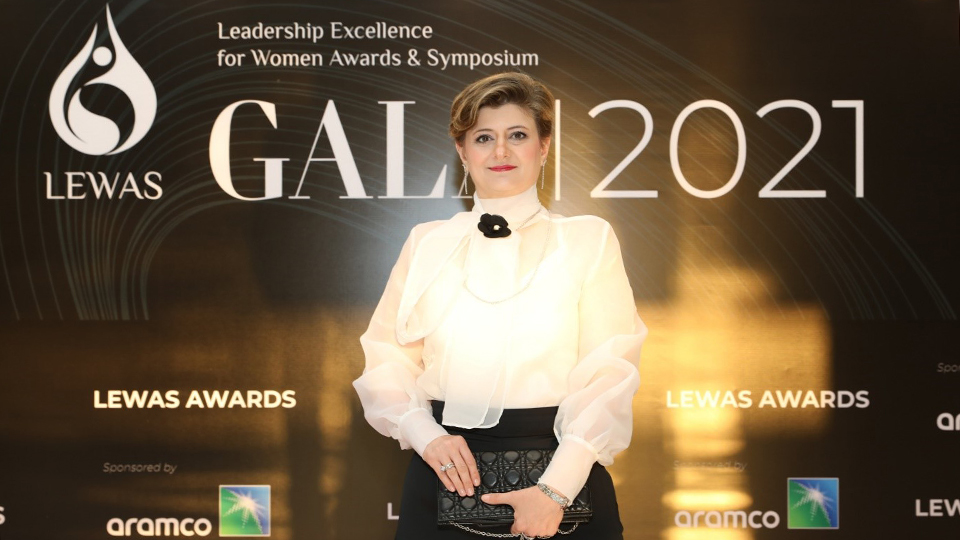
Closing the gender gap in engineering
“Knowledge is the weapon of a strong woman”
As a woman working in nanotechnology – and as one of the first women in Saudi Arabia to research photovoltaic nanomaterials – Basma has encountered many challenges. And yet stories like Basma’s are very common for women attempting to balance personal life and careers in academia. Studies have found that motherhood is a major cause of women’s underrepresentation in academic science.
In light of her experiences, Basma is now an advocate for the advancement of women in science as well as a leading nanotechnology researcher. She is keen to share her passion with other women considering a career in science or engineering, and has written about pioneering women in nanotechnology. “Knowledge is the weapon of a strong woman,” asserted Basma in a recent interview. “This is the principle according to which my parents raised me. I tell Arab women to go ahead strongly and remove all the obstacles to achieve their goals.”
